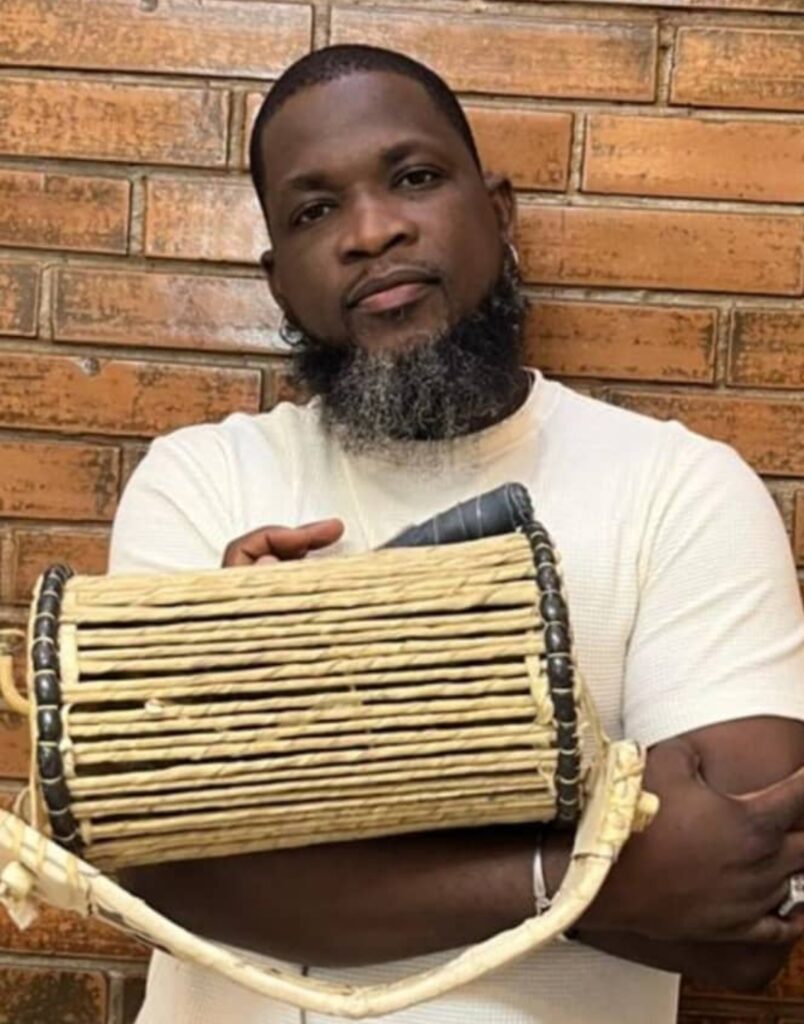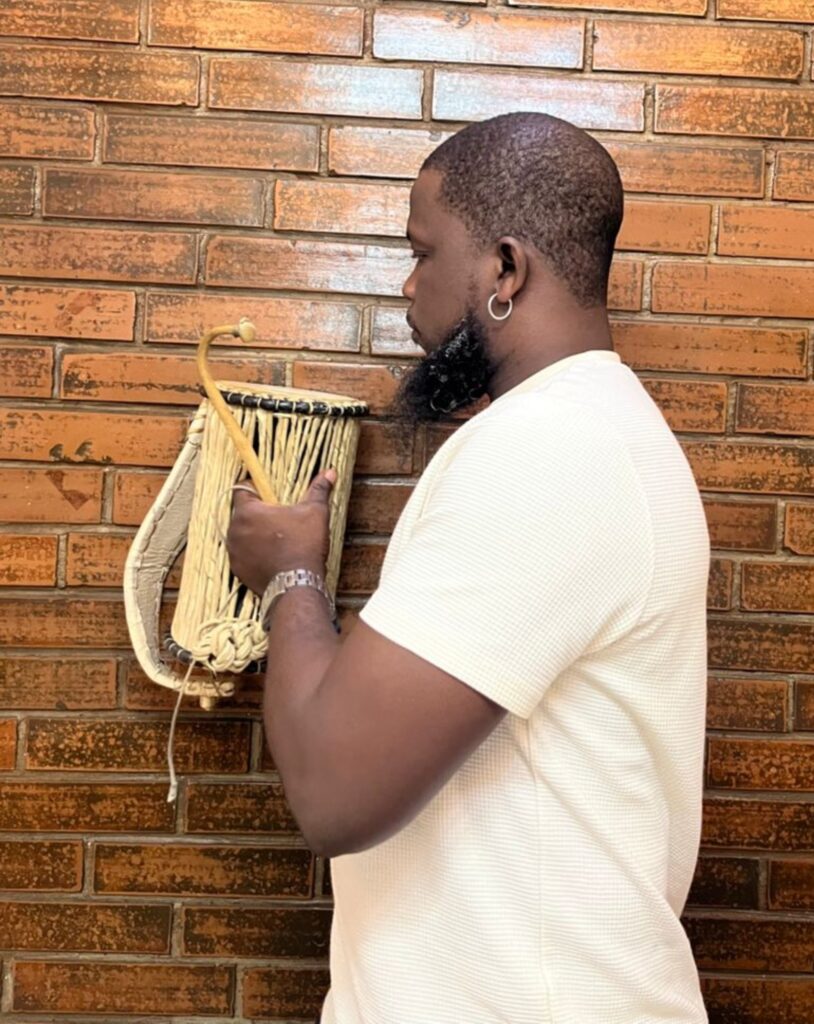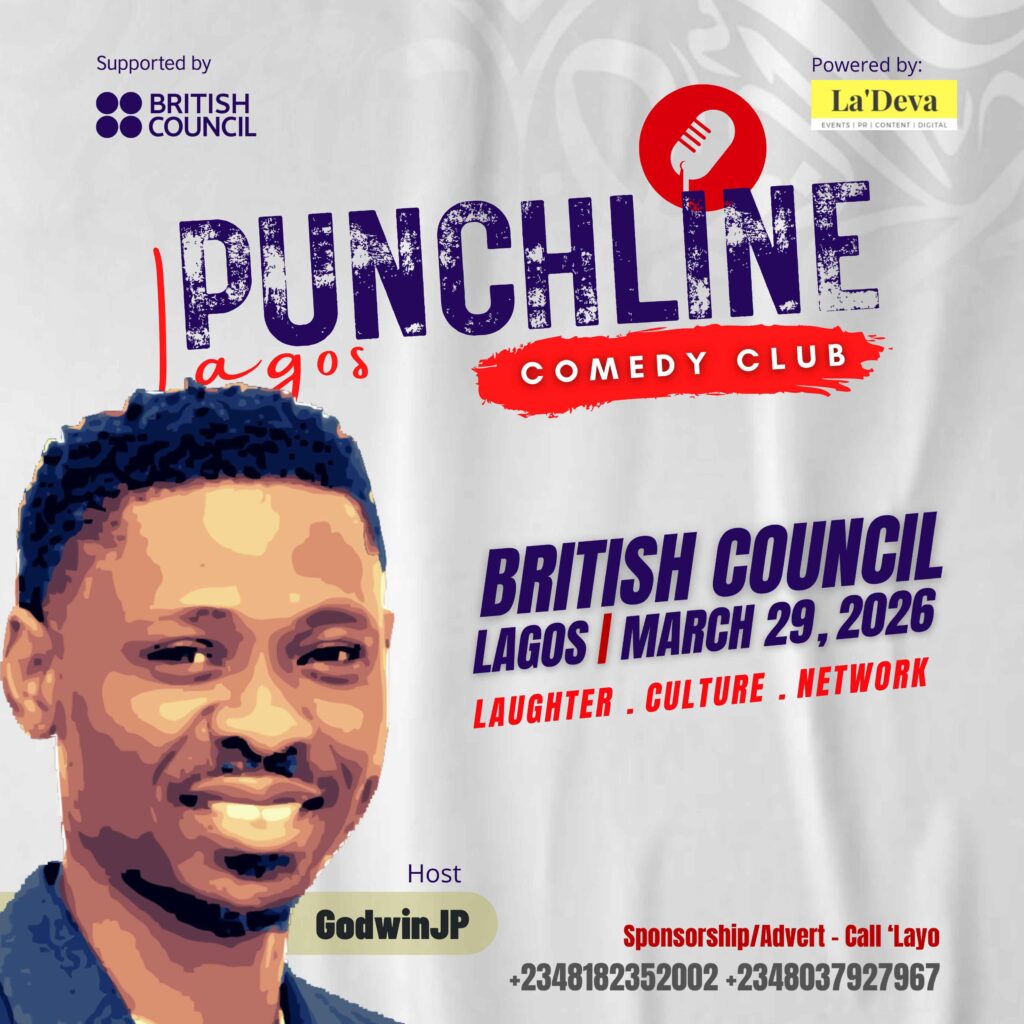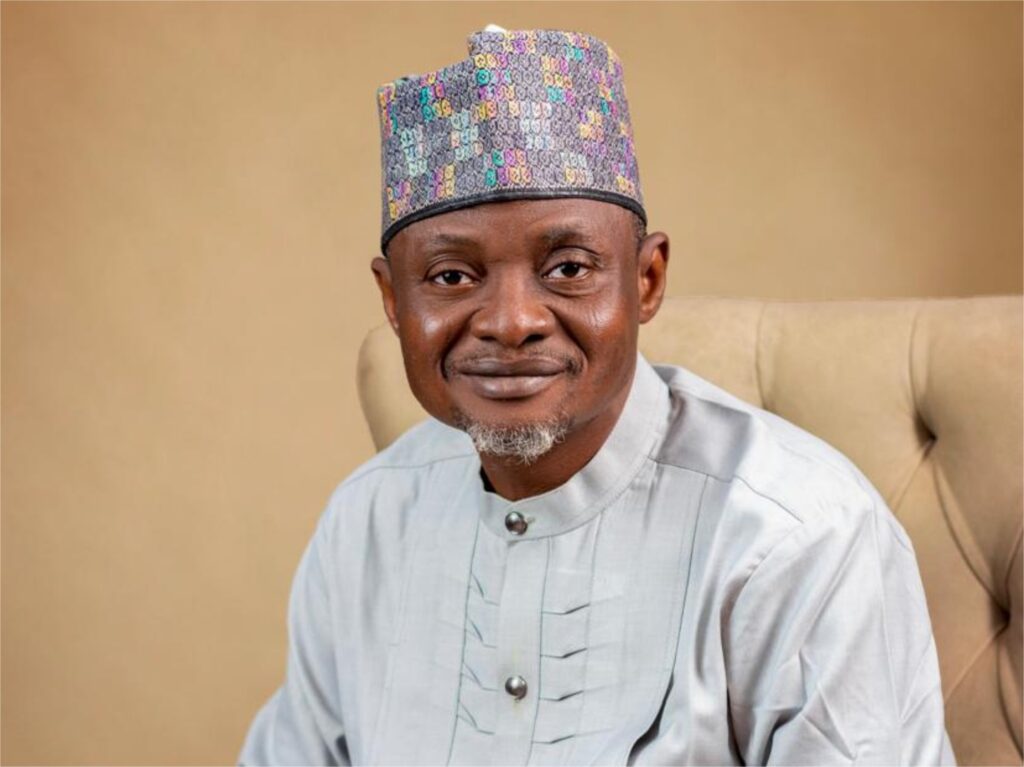Oftentimes, due credits are not given to people behind the scene in the music industry, especially the instrumentalists. Instrumentals are the nerves and soul of good music, but their efforts are underplayed. Adebayo Anthony popularly known as Tony Sticks, a performing percussionist is changing the game with his act and set to carve a niche for himself in the highly competitive entertainment industry by continuously showcasing his dexterity and mastery of the drums.
Can you introduce yourself?
My name is Adebayo Anthony, but most people know me as Tony Sticks. I’m a passionate percussionist and performing artist whose journey began from my early days in the Celestial Church band, where rhythm and spirituality connected deeply for me. Over the years, I’ve grown to see drumming not just as music, but as a language of the soul — a way to express energy, emotions, and culture.
What inspired you to pursue a career in the entertainment industry as a percussionist?
My inspiration came from within myself — from a spiritual connection I felt through rhythm as a Celestial band member. The sound of the drums always felt like a heartbeat to me, something divine that could move people emotionally and spiritually. That inner fire and purpose inspired me to turn my passion into a professional career.
How did you learn to play the drums?
I started learning in the Celestial Church band, where I watched and listened closely to experienced drummers. From there, I practiced consistently, experimenting with rhythms and styles. I also learned by playing at live events and rehearsals, which helped me understand timing, coordination, and stage presence.
What were the challenges you faced when starting out?
One of my biggest challenges was limited access to proper instruments and exposure when I first started. I had to make the most out of what was available, often practicing with improvised setups. Another challenge was being underestimated — people didn’t always take drumming seriously as a career path. But through persistence and faith, I proved my dedication and built my craft.
What do you feel is the most important skill and knowledge to have as a drummer?
Timing and consistency are key — but beyond that, discipline and listening are everything. A good drummer must not only keep rhythm but also understand the flow and feel of the music. Knowing how to connect with other musicians and adapt to different genres is also very important.
What’s the biggest challenge you’re facing in your career right now, and how are you tackling it?
The biggest challenge right now is gaining wider recognition and reaching a larger audience beyond my immediate circle. I’m tackling it by collaborating with other artists, sharing more of my work online, and constantly improving my sound so it resonates with both local and global audiences.
What’s the most important lesson you’ve learned in your career so far?
That consistency beats talent when passion meets discipline. I’ve learned that every stage, no matter how small, is an opportunity to grow and connect. Staying humble, prayerful, and focused keeps me moving forward.
How much was your first pay?
My first pay wasn’t much — it was more about the joy and experience than the money. I remember it was just enough to buy myself a good meal, but I was proud because it was the first time I got paid for doing something I loved.
How much do you currently make or charge?
What I charge now depends on the event, location, and setup. I’m flexible because I value the connection and experience more than just the pay. But as a professional, I do ensure that my rates reflect the quality and dedication I bring to each performance.
What’s one lesson your career has taught you that you think everyone should learn at some point in their life?
That your gift will make room for you — as long as you believe in it and stay true to your purpose. Patience, humility, and self-belief can open doors that talent alone cannot.
What qualities do you think make a good showbiz personality in the entertainment industry?
A good showbiz personality must have confidence, originality, humility, and respect for others. Consistency, charisma, and a good attitude toward teamwork are also vital to sustaining a lasting career in entertainment.
What’s a common myth about your job or field of expertise?
Many people think drummers just make noise or that it’s easy to play. In reality, drumming requires discipline, timing, creativity, and physical endurance. It’s a skill that combines both emotion and technique.
How do you derive inspiration?
My inspiration comes from my inner self and spiritual connection. Sometimes it’s the rhythm of life — sounds around me, people’s emotions, or even silence — that inspire me to create. I also draw motivation from live performances and seeing the joy on people’s faces when I play.
What are your long-term professional goals within the entertainment industry?
I aim to build a brand as a respected percussionist, collaborate with top artists, and represent African rhythms on global stages. I also hope to mentor young drummers and create platforms where upcoming talents can express themselves.
What’s your favourite music and who are your favourite artistes?
I enjoy Afrobeat, Gospel, Fuji and Highlife, but I listen to all kinds of music that carry a strong rhythm. Some of my favourite artists include Niniola, Kenny Kore, Olamide Badoo,Wizkid, Asake, Adigun Alapomeji (9ice), Danny’s, Burna Boy, Qdot, Sagbohan, Lagbaja, Pasuma, Saheed Osupa and Travis Barker, because they all bring unique energy and depth to their sound.
Aside from music, what other things are you into?
Aside from music, I enjoy creative arts, mentoring young talents, and exploring ideas that blend spirituality with entertainment. I also like staying active and connecting with people who inspire positive energy.
Do you play any other instruments aside from drums?
Yes, I play a bit of congas and other percussion instruments, and I’m currently learning to improve my skills on the keyboard to expand my musical range.
What advice do you have for young people out there who want to take up drumming as a career?
My advice is simple: Start with what you have and never stop learning. Stay consistent, be humble, and keep your passion alive. Get out there and play live and meet other artists. Drumming is more than sound — it’s purpose, emotion, and expression. If you play with your heart, success will follow.






